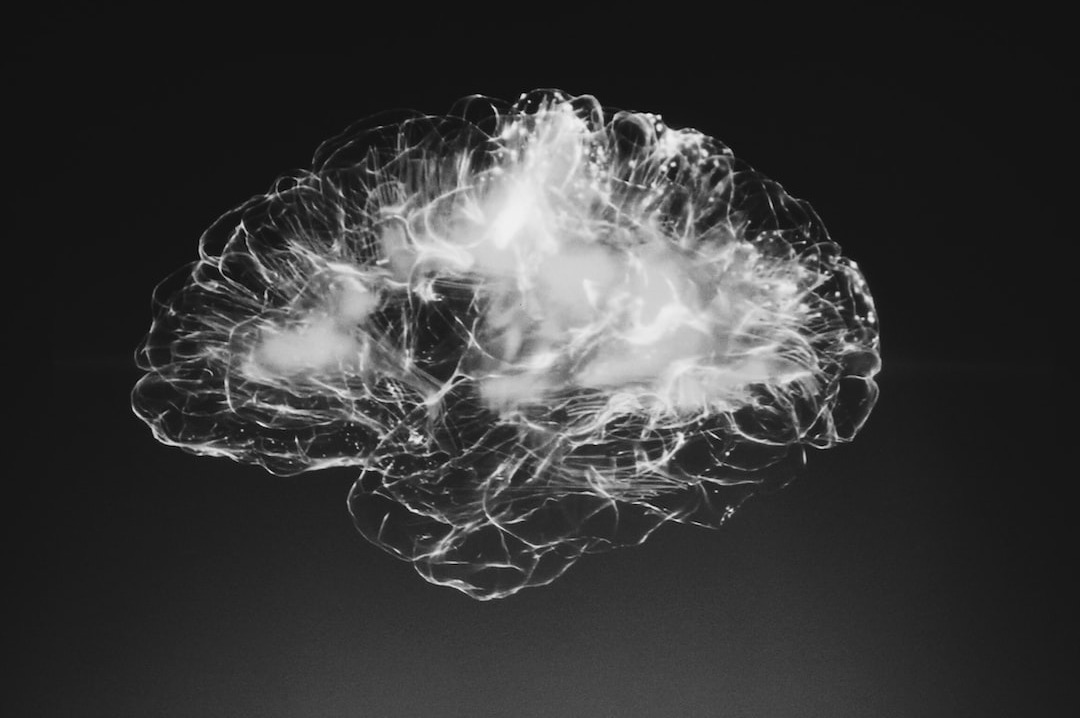
The relationship between substance abuse and mental health is complex and multi-faceted. People with substance use disorder (SUD) are more likely to face mental health disorders and vice versa. This co-occurrence is often referred to as dual diagnosis. Co-occurring conditions can be challenging to treat because the individual must address substance abuse and mental health disorders.
Left untreated, co-occurring disorders can lead to a downward spiral of substance misuse, mental health deterioration, and social isolation. However, with proper treatment from Pathways Wellness Center, people with co-occurring disorders can recover and live healthy, productive lives.
The brain is a complex network of neurons that help to motivate and facilitate certain types of behavior. This system is vital for survival because it helps reinforce activities essential for the individual's well-being. For example, the reward system is responsible for the release of dopamine, which plays a role in the pleasurable sensations associated with eating and sex.
This system also helps to motivate other activities that are important for survival, such as seeking shelter and the avoidance of danger. In essence, the brain's reward system is designed to promote behaviors essential for the individual's survival and well-being.
The reward system releases neurotransmitters like dopamine in response to healthy and life-sustaining activities, reinforcing the behavior. However, the reward system can also be triggered by non-essential activities, such as substance use and other addictive behaviors. For example, substance abuse floods the brain with dopamine release, causing a cascade of adverse reactions.
This flooding of dopamine makes the user feel good but makes it difficult for the brain to properly process, store and produce the right amount of the neurochemicals on its own. As a result, the person becomes reliant on the substance to feel happy or content.
Over time, substance abuse causes changes in the brain that make it difficult to experience pleasure without using drugs or alcohol. These changes can lead to addiction, a chronic condition characterized by compulsive substance-seeking behavior, and a return to using even after long periods of abstinence. In addition, as the addiction develops, the person may need to take more significant amounts of the drug to achieve the same effect, defined as tolerance.
While the exact causes of mental health disorders are still not fully understood, it is clear that there is a complex interaction between genetic vulnerability and environmental factors. Substance abuse is one of the most significant environmental risk factors for mental health. In addition, substance abuse is associated with a wide range of mental health problems, including anxiety, depression, and psychosis.
There are several ways abusing substances can contribute to mental health disorders:
While the link between substance abuse and mental health disorders such as anxiety and depression is well-established, it is essential to remember that not everyone who abuses substances will develop a mental health disorder. However, if you or someone you know is struggling with substance abuse, it is important to seek help as soon as possible. Pathways Wellness Center will help you with treatment and support. We know that it is possible to recover from substance use and mental health disorders.
At Pathways Wellness Center, we understand that substance abuse and mental health-related issues are often connected. Our approach to care is not a one-size-fits-all. Our diagnosis process considers all various mental health factors to determine the best treatment plan for you and your loved one. Our approach to care allows families to learn about their addiction and mental health disorders and work together to handle challenges. Our outpatient programs also allow individuals to continue to tend to their work and life responsibilities while managing their addiction and mental health disorder. If you or a loved one is in need of help, don't wait. To learn more about our programs, reach out to us today and call (888) 771-0966.


